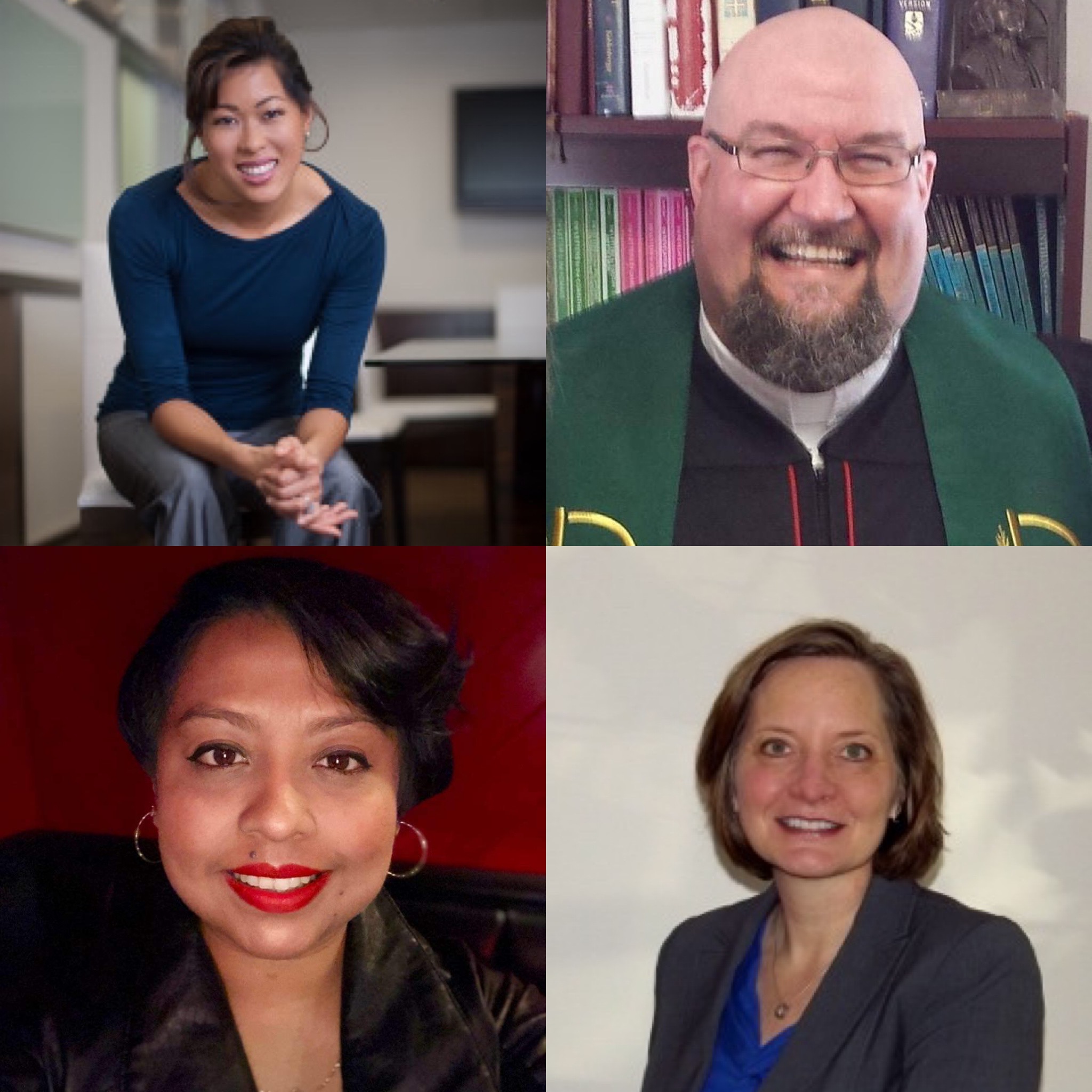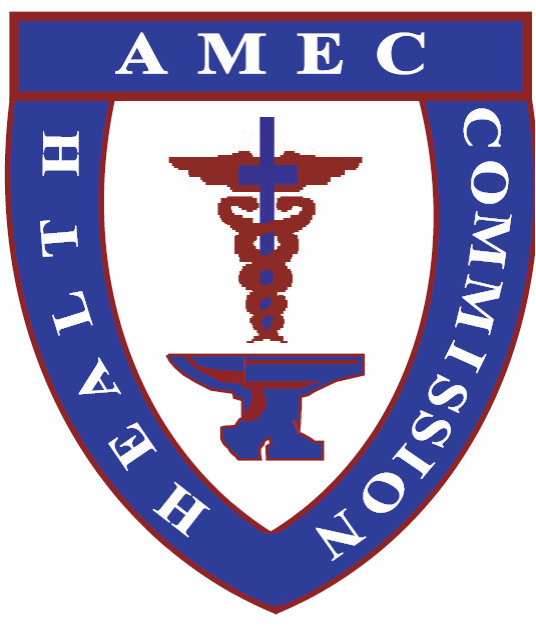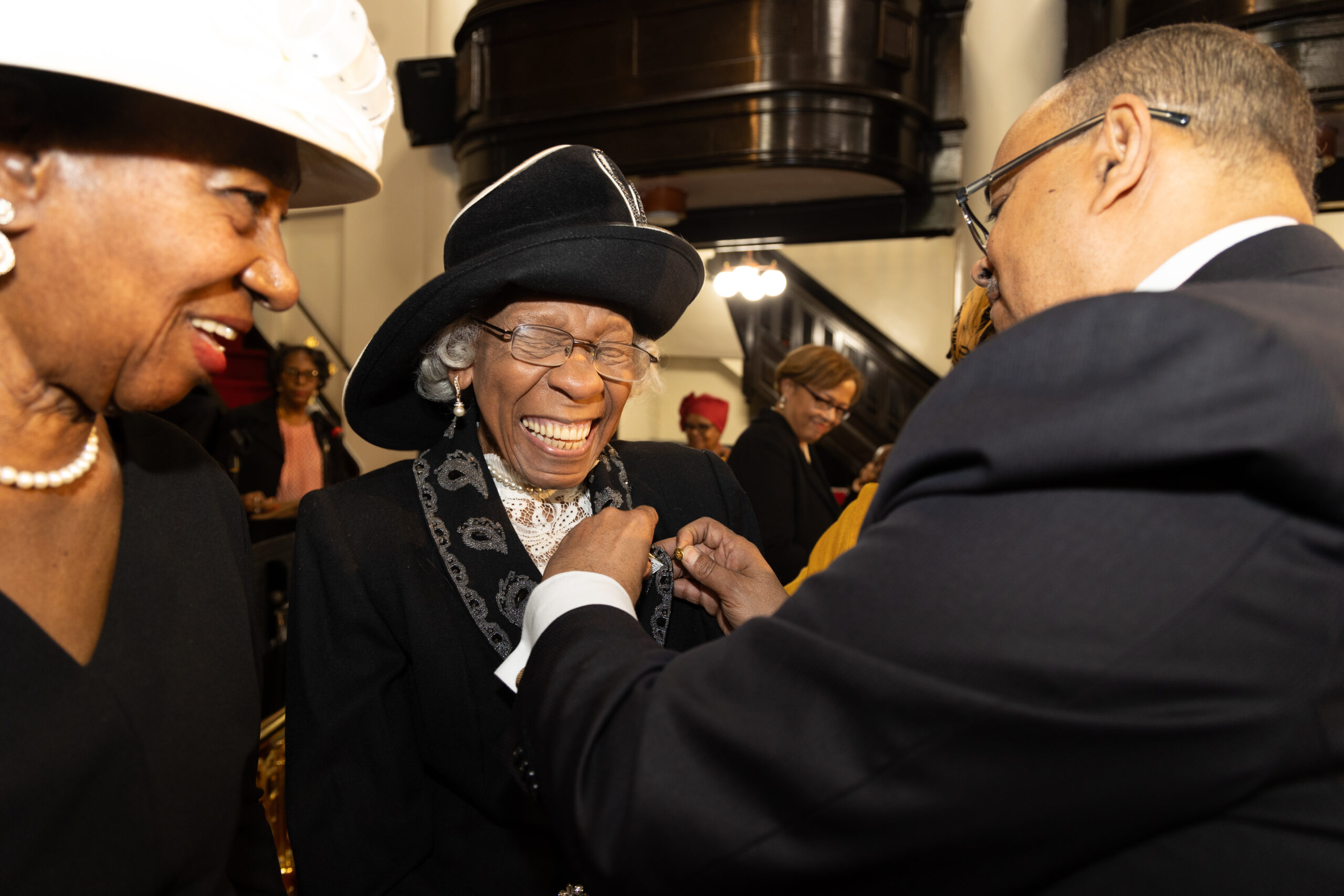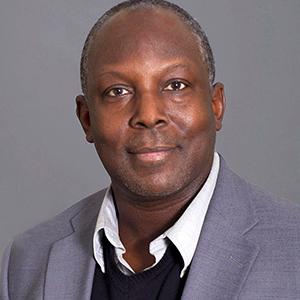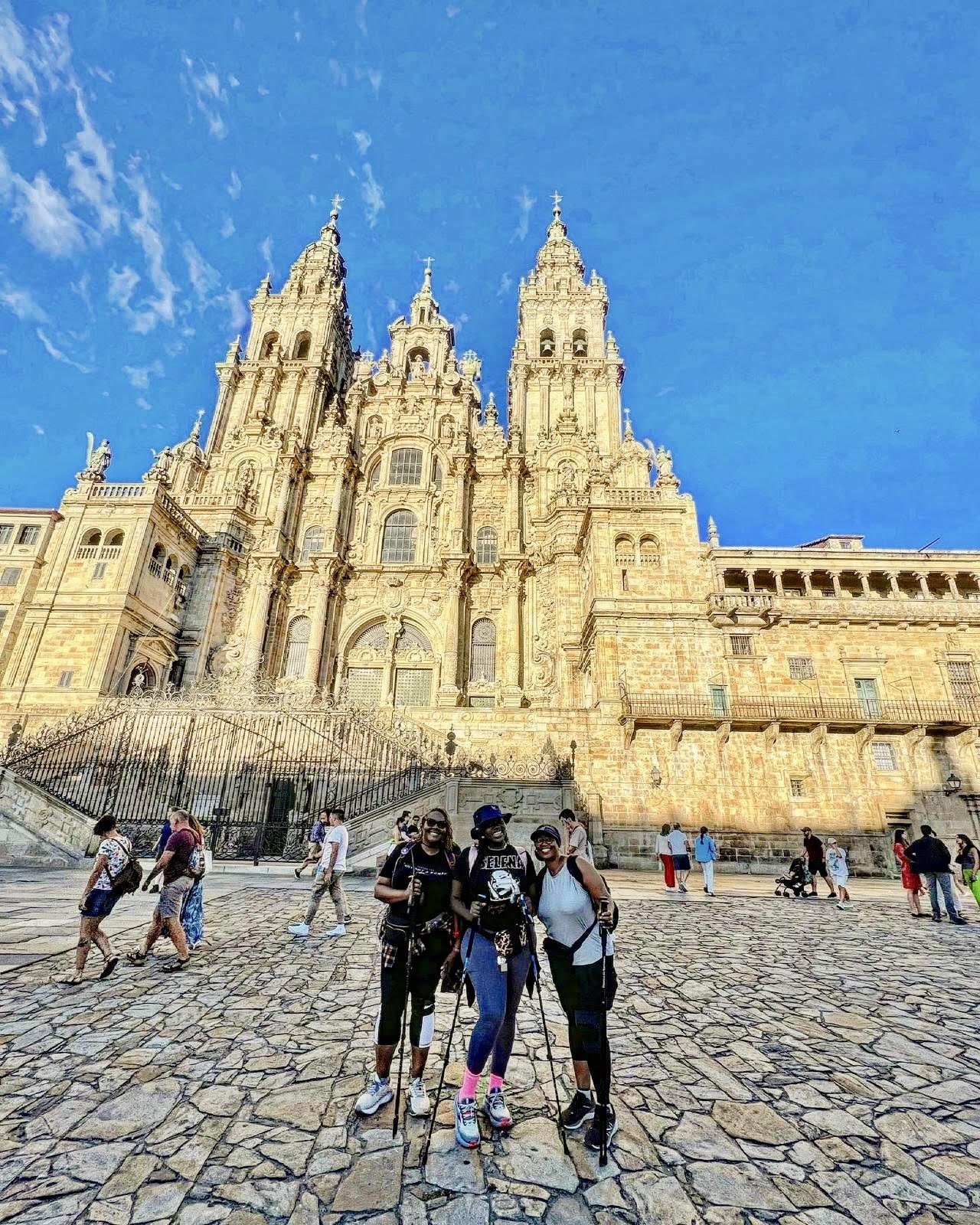At Home in Allen’s Church: Stories of Multicultural AME Members
By Kiratiana Freelon and John Thomas, III
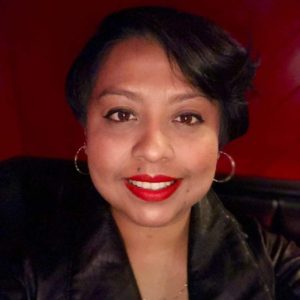
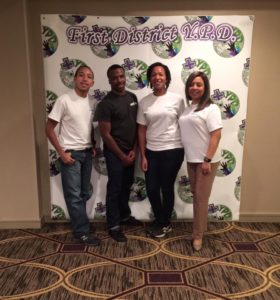
Nisshy grew up in a Roman Catholic family. Although her family never “practiced” the religion, she still took communion. As an adult, she felt the urge to seek a church life. “I was just like, I really need to find God for myself,” she said when asked what spurred on her search.
First, however, she wanted to know the Bible. So, she began a journey to find a church home with one requirement—an amazing Bible study group. She attended several non-denominational churches. She even settled into one whose Bible study she wasn’t too fond of.
A co-worker raved about the Bible study at her mother’s church. Nisshy went and loved it. The church’s pastor encouraged her to read the Bible’s commentaries and keep a journal as she made her way through the book. It was precisely what she wanted. There was one problem.
Nisshy was the only non-black person at Bible study. Nissheneyra Urizandi, a woman of Guatemalan heritage, had fallen in love with a Bible study group at Bethel AME Church in Providence, Rhode Island. So, she decided to attend a regular service. “I didn’t know initially what AME stood for until like I was literally walking through the door,” said Urizandi, who works as a case manager in the Providence courts.
She joined the church; and now—seven years later—she is deeply involved as a steward, member of the Women’s Missionary Society, and member of the local technology ministry. She can often be spotted in meetings around the First Episcopal District with her YPDers and fellow missionaries.
Urizandi’s story isn’t unique in the AME Church. Even though the Black Church was founded through an act of social justice against racism, the church has always welcomed non-blacks as members, church organization leaders, and even ministers. The Christian Recorder talked to four non-black AME Church members about their experiences. Each had a different journey to the AME Church but they all said the same thing—the AME Church is where they feel spiritually at home.
Born and Bred AME
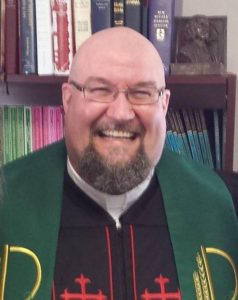
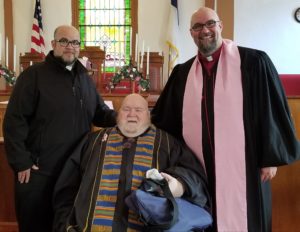
The Rev. William Hale’s connection to the AME Church is a story often heard among African Americans. On June 11, 1972, Frederick Eugene Hale, the Rev. William’s father, attended the Sunday service at St. Paul AME Church in Richmond, Kentucky. His father was so moved and inspired by the service that he went to the altar, joined the church, and ultimately began his ministerial track as a licentiate, eventually becoming ordained. William Hale was born five days later. Thirty days later, he was baptized at St. Paul AME Church in Richmond.
“So, I am not only a Caucasian AME. I’m a born and bred Caucasian AME,” said Hale, who is the presiding elder of the Commonwealth District of the Kentucky Annual Conference and the pastor of St. Paul AME Church in Versailles, Kentucky.
His father faced bigotry within his own family and sometimes even within the church. Yet, he didn’t back down from the great responsibility of raising white children in the AME Church. “He would always help us to understand, of course, our Methodist roots of striving for holiness, the history of John Wesley and Richard Allen,” Hale said. “But then he would always help us to understand the nature of African, that we are a church founded by people of African descent, a people who understood the struggles of slavery and trying to even be free, blacks in a bigoted racist America. But he would also help us to understand that Africans are—to be African is to also be from the original origin of the human race, that as much as we’re Caucasian in the pale skin sense, that as one human race, that as all human beings no matter the color or complexion that we bear, even the gender that we bear that we are all one.”
At the age of 17, Hale embraced his calling to become a preacher during the Kentucky Annual Conference. “I just stepped up and suddenly it just— that was the moment,” Hale said. He gave his hand to the bishop and said, “I’m called to preach.” The bishop called up his father and others to pray for him in an unforgettable spiritual moment. He became an ordained itinerant deacon at the age of 20. His first church was in Greenup, Kentucky, where there were 15 active members—all of them black women. Despite their racial differences, they accepted him as their preacher.
He’s been part of the AME Church so long that his presence doesn’t raise an eye among members. Sometimes, however, he surprises outsiders. After the Emanuel Nine tragedy, local news stations in Lexington sought out local preachers who could represent the church and share their thoughts. The reporter who found Hale was in for quite a surprise. “At least one reporter expressed their… I’d be stressed to use the word ‘dismay’, but they looked like they had the face of dismay when they understood that I was the pastor of the local AME Church,” Hale said.
Hale thinks there is an opportunity for more non-blacks to join the AME Church but that doesn’t mean the Connectional church should throw tradition out the door or stop using African in its name. Tradition attracts people, he said. Instead, he thinks the church can attract people the same way it has always done it—through relationships. “Everything seems to come down to relationship,” he said. “It has to be a moment where we realize that sometimes it isn’t about the preacher. It isn’t about the pastor. It isn’t about the choir. It isn’t about even sometimes our meeting after meeting after meeting and money after money after money. It really comes down to the relationships that we have. Relationships are friendships when people come in.”
The Hale Family will likely continue its presence in the AME Church for generations to come. Two of his sons have joined the church, and his brother, Joshua, is an ordained itinerant elder pastoring St. Matthew AME Church in Midway, Kentucky.
A Denied Calling
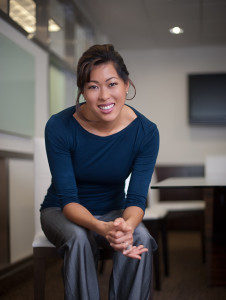
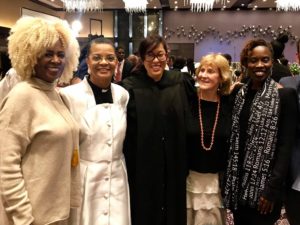
The Rev. Vicky Lee received the call to preach at the age of 13. Lee, then a member of a Taiwanese Presbyterian Church, would tape record herself preaching. However, the conservative church rejected her. “I announced my call to the elders in my church and they immediately denounced me saying that women do not have the authority to preach the word of God,” said Lee, who grew up in Orange County and attended University of California at Berkeley.
Right before her father passed away, when she was in college, he gave her a box with a Bible in it. This was his secret way of encouraging her to pursue her calling.
Over the next decade and a half, Lee pursued spirituality but avoided churches. “So, I became so angry that I lost my faith and I went to places where it was in my DNA like I couldn’t deny that I had been called,” said Lee, who runs a successful life coaching business. “All I could do was fight it,” she added.
Then one day, she couldn’t fight it any longer. Lee often spent time at a monastery in California. And while she was walking through the garden, she heard God talking to her. “So, I fell down on my face in the grass because his voice was so intense. And he said, ‘I will never–I will never, never let you be successful or married or loved or anything until you fulfill your promise to me.’”
Lee went on a frantic search for a church, emailing a list of 100 California-area churches. A coaching client from Pepperdine recommended her church—Walker Temple AME Church in Los Angeles, then pastored by the Rev. Dr. Rosalynn K. Brookins.
When Lee walked into the church, she felt the love and the church heard her calling. “Every AME Church I’ve ever walked into, I feel an extreme amount of love.”
The Rev. Thema Bryant, Ph.D., who served on the ministerial staff at the church, encouraged her to apply to divinity school, and Lee only applied to one school—Harvard Divinity School. “Pastor Roz and Dr. Thema were my mothers when I was motherless. God restored that brokenness within me through the AME Church. And I will never forget that love—the love from them which taught me that the love within me is more powerful than the power within me. ”
In October 2018, at the Southern California Annual Conference, Lee became the first Asian American to be ordained an itinerant deacon in the AME Church. In 2019, she graduated from Harvard Divinity School with her Master of Divinity degree.
The Intellectual Pastor
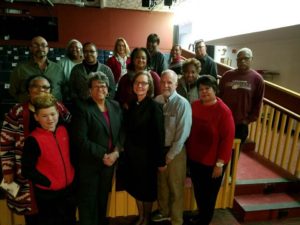
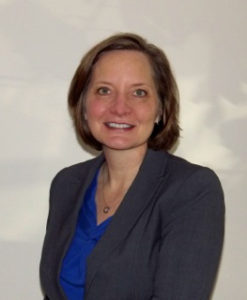
Reverend Karen Schaeffer first visited an AME Church on a school assignment for her Ph.D. in Psychology. The class, “Education of the Black Child,” asked students to have a cross-cultural experience and Schaeffer decided to visit the Bethel AME Church in Lebanon, Ohio.
Although she grew up in a white Pentecostal church in western Kentucky, she didn’t have a church home at the time, 25 years ago. “When I went to that service, I knew I was home,” said Schaeffer, who never left Bethel AME Church. “It was definitely my spiritual home,” she noted.
Now, she is in her sixth year of pastoring the church, which is in a small town of 30,000. She also serves as the director of Christian Education for the Third Episcopal District.
For Schaeffer, the AME Church provides a balance between her Pentecostal roots and her intellectual curiosity. She is happy to worship, and lead, in a church where the spiritual and theological foundations are solid, and education is promoted.
She also never had a problem with the African-influenced theology, which is one that focuses on a life-giving and sustaining God, a God who can make a way out of no way, she said. “It was always something to cherish and be thankful for.”
She said that being a converted AME Church member helps her admire the church from a different perspective than those born and bred in the church. “I think sometimes that people within the AME Church may not—we may not value ourselves enough… It’s like it’s good for us but maybe it wouldn’t be good for everybody else,” she said. “Well, it is good for everybody else.” Simply put, everyone can benefit from the AME Church. “I mean I know that AMEs love being AMEs and AMEs love the AME Church but the spiritual, the theological, the cultural treasure that the AME Church is [is] good for everybody who stands in need of salvation.”
Kiratiana Freelon is an acclaimed freelance journalist currently based in Brazil. Her articles have appeared in various publications including The Washington Post and theroot.com. Check her out on Facebook @GlobalKiratiana.
John Thomas III is the Editor of The Christian Recorder.

